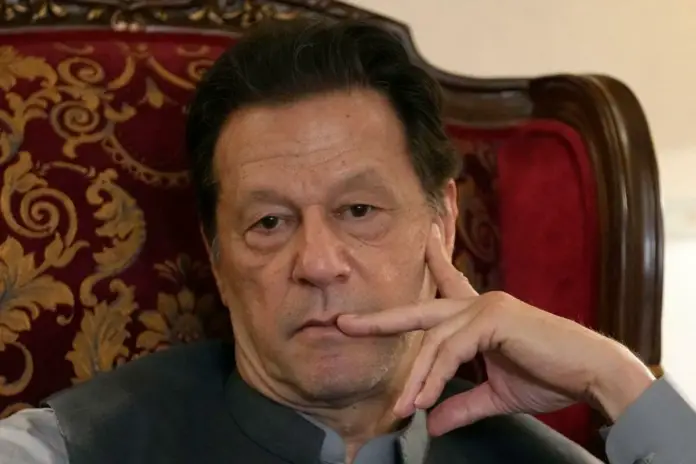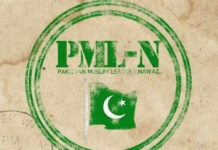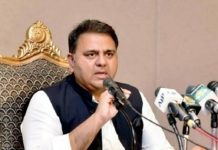Speculation has been rife in media circles regarding the possibility of reconciliation between Imran Khan and the establishment, potentially leading to his release from legal entanglements post-Eid. While recent court decisions seem to favour Khan and his allies, suggesting a thaw in relations with influential quarters, insiders reveal a different narrative.
Powerful corridors told Minute Mirror that discussions have not taken place between the two sides, despite Khan’s persistent appeals. However, sources within the corridors of power indicate that immediate reconciliation is unlikely. Certain conditions must be met for talks to progress, though they are not insurmountable.
According to sources, the State maintains a firm stance against negotiating with elements aligned with external forces seeking to disrupt national harmony. In the wake of the events of May 9, any dialogue with those involved in planning or executing such acts is off the table. Unless the perpetrators unequivocally condemn the attack, accept responsibility, and publicly apologise without expecting absolution, reconciliation remains out of reach.
Another condition is related to PTI’s on going moves in the US lobbying against the state. Sources say that the people fostering internal polarisation or causing economic and political harm, at the behest of external actors, will not be entertained for dialogue. Moreover, those who have tarnished the nation’s international image for personal gain will find no avenue for negotiation or reconciliation with the government.
The coming days will reveal whether Imran Khan and his allies are willing to meet the State’s conditions for dialogue, or if further legal battles and political manoeuvring lie ahead. For now, the prospect of reconciliation appears distant, overshadowed by the complexities of national security and political stability.
However, critics argue that Khan’s confrontational style and refusal to compromise have hindered efforts towards reconciliation. The State’s insistence on preconditions shows a way forward to resolve the situation.
The ball is on Imran Khan court.
Minute Mirror spoke to a few in the PTI, who were close to Mr Khan. They remain hopeful that a breakthrough is imminent. They point to recent court decisions as evidence of a shifting tide in their favour, bolstering their confidence in Khan’s leadership. However, others caution against optimism, warning that entrenched interests and power dynamics could derail any potential agreement.
In the midst of these developments, the Pakistani public watches anxiously, acutely aware of the stakes involved. The outcome of negotiations between Khan’s party and the government will have far-reaching implications for the country’s political stability and future direction.
Meanwhile, Khan’s supporters remain hopeful that a breakthrough is imminent. They point to recent court decisions as evidence of a shifting tide in their favour, bolstering their confidence in Khan’s leadership. However, others caution against optimism, warning that entrenched interests and power dynamics could derail any potential agreement.
As Eid approaches, attention turns to whether the spirit of reconciliation will prevail, or if entrenched positions will prevail. For now, uncertainty reigns supreme, with both sides locked in a delicate dance of power and persuasion. Only time will tell whether Pakistan’s political landscape will witness a new chapter of cooperation or descent into further turmoil.
In this climate of uncertainty, diplomatic channels remain open, providing avenues for dialogue and negotiation. While the road to reconciliation may be fraught with challenges, there is a growing recognition of the need for compromise and cooperation to address pressing national issues.
Ultimately, the fate of Imran Khan’s party and the prospects for reconciliation hinge on the willingness of all stakeholders to set aside differences and work towards a common goal. As Pakistan navigates these uncertain times, the resilience of its democratic institutions and the determination of its people will be put to the test.







